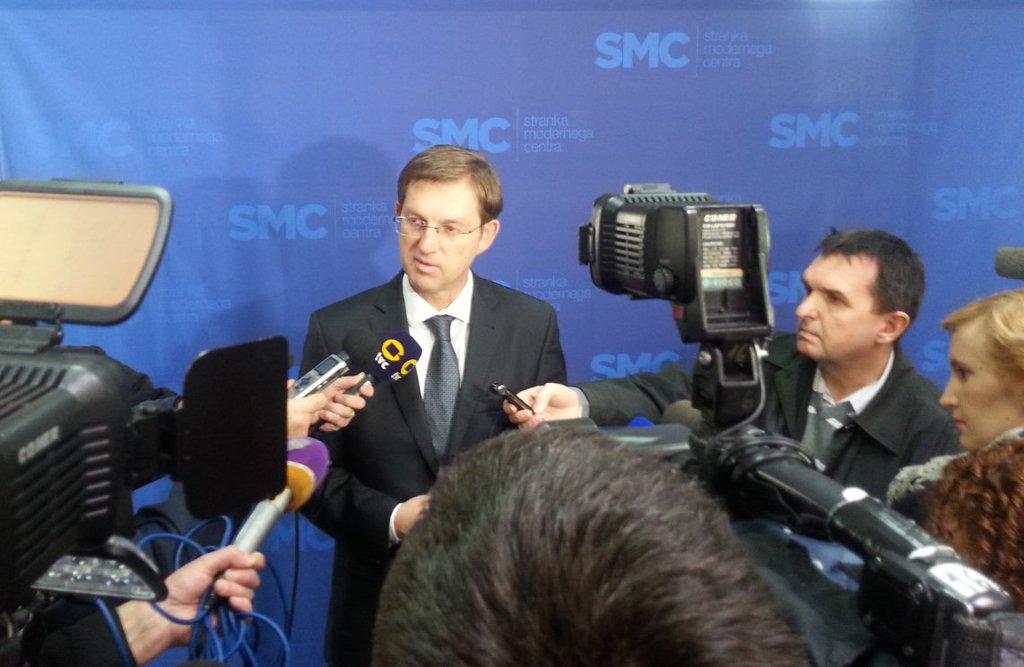The referendum proposal made by SDS on asylum seekers has not been settled with experts and is unnecessary, PM Miro Cerar has emphasized. The president of NSi Ljudmila Novak suggests that it should be improved.
The largest coalition party, SMC, gathered in Celje on Saturday for consultations. In addition to its president, PM Miro Cerar, the panel was attended the party’s vice president and head of the National Assembly Milan Brglez, MPs, ministers, members of the National Council, presidents or local committees and other party members.
After the event, Cerar explained that the leadership of SMC had informed the party’s representatives from local communities about the situation regarding migrant crisis management. The representatives were told that Slovenia was handling migrant flow, receiving migrants with humane treatment and at the same time assuring safety to the citizens. The people should get answers to their questions, noted Cerar, so as to prevent “unnecessary fears, hateful scenes and incitement”.
Cerar also spoke about the proposal of the largest opposition party, SDS, to call a non-binding referendum on limiting the number of asylum seekers. The PM believes the proposal to be unsettled in expert terms and also unnecessary, since the government has the situation under control. He planned to present his point of view at the party summit and propose for SMC not to support the referendum.
NSi also met in Celje for consultations
One of the opposition parties, NSi, also met in Celje for consultations. Its president Ljudmila Novak said the referendum proposal is incomplete and should be improved. In her opinion, politics should be able to offer acceptable solutions to the problems the society is currently faced with, and that the people are justified in expecting this from politicians.
According to Novak, NSi wishes to approach the problem of migrant crisis in a humane way, wishes to protect the children, but also wants the country to set a clear quota for refugees. Slovenia needs to know how many migrants it can take care of successfully in terms of the economy, safety and finances, says Novak, adding that in her opinion the maximum number of migrants that Slovenia could accept is 5,000.


































































